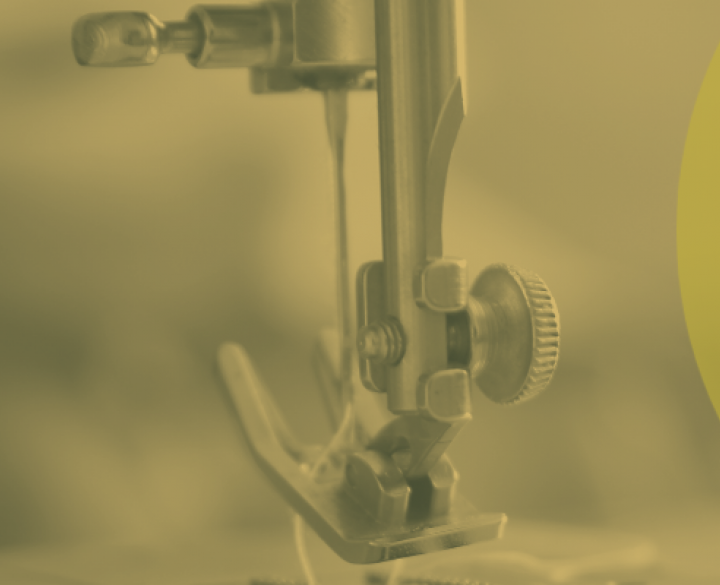Due to the COVID-19 pandemic, the use of washable fabric face masks is recommended for the population. What criteria can apply to these masks to provide optimal protection?
Let's start with making a distinction between the different types of face masks that are being deployed in the fight against the coronavirus.
Medical face masks
- Medical (or surgical) face masks must comply with the requirements laid down in Regulation (EU) 2017/745 on Medical Devices and in accordance with the European standard EN 14683: Medical face masks - Requirements and test methods.
These masks protect the patient against secretions from the healthcare workers. - FFP2 and FFP3 respiratory masks are personal protective equipment (PPE) and must comply with all requirements of Regulation (EU) on personal protective equipment and European standard EN 149:2001+A1:2009 - Respiratory protective devices - Filtering half masks to protect against particles - Requirements, testing, marking.
These masks protect the wearer against particles/particles.
Textile face masks
- Artisan or DIY face masks are cut out according to a certain sewing pattern and then stitched together by means of a sewing machine or manually.
- Community masks are produced in large series from materials that have been scientifically tested on certain functionalities.
The artisan and community masks do not comply with EN14683 (surgical masks) or EN149+A1:20019 (FFP masks).
These are masks that don't protect you, but the people around you. The fabric face masks are designed to prevent saliva from flying around while talking, coughing or sneezing. As a result, a sick person who shows no other symptoms will contaminate his/her environment to a lesser extent when wearing such a mask.
Wearing artisan and community masks complements the existing hygiene measures that still need to be meticulously observed.
These masks can be made of one or more layers and have an accurate head attachment such as ribbons or elastic straps and a cover on the nose and chin. In this way, sufficient sealing can be guaranteed.
On the website make face masks you can download patterns to make such masks at home. The patterns provide an opening to insert a replaceable filter that will be kept neatly in place thanks to the folded edge.
The maximum wearing time of artisan and community masks is 4 hours. The mask must then be washed at a temperature of at least 60°C with a full wash programme (at least 30 minutes) for hygienic washing.
Centexbel performs the following tests to assess the proper functioning of artisan and community masks:
- Domestic or industrial washing + drum drying according to ISO 6330 (with adjustment of duration from program 6N to plateau of 30 minutes 60°C)
- Air permeability according to ISO 9237:1995 at 100Pa (20cm²)
- Filter fractional efficiency according to EN ISO 16890-2:2016
These tests are a recommendation, not an obligation.
Samples
Send your samples to:
Centexbel physical lab
Technologiepark 70
9052 Gent-Zwijnaarde
Belgium
+32 9 220 41 51
gent@centexbel.be




